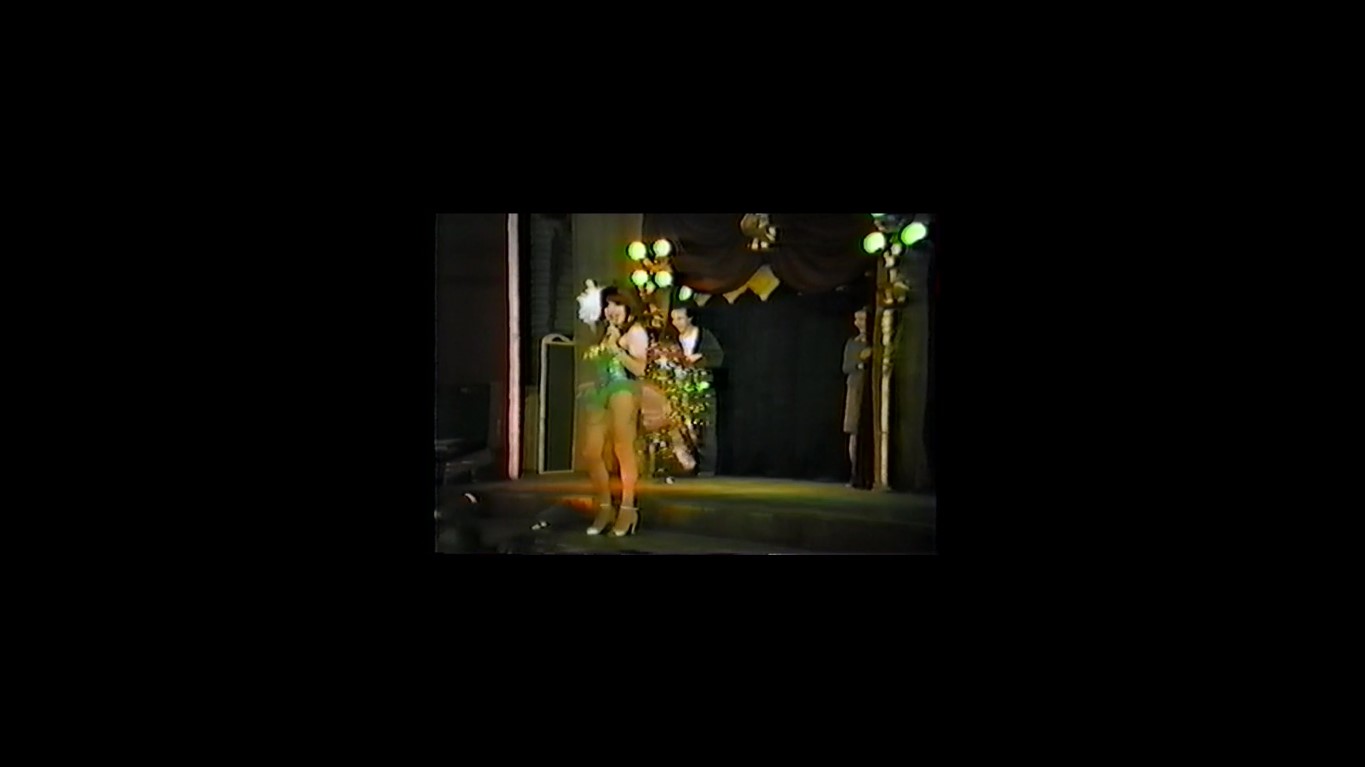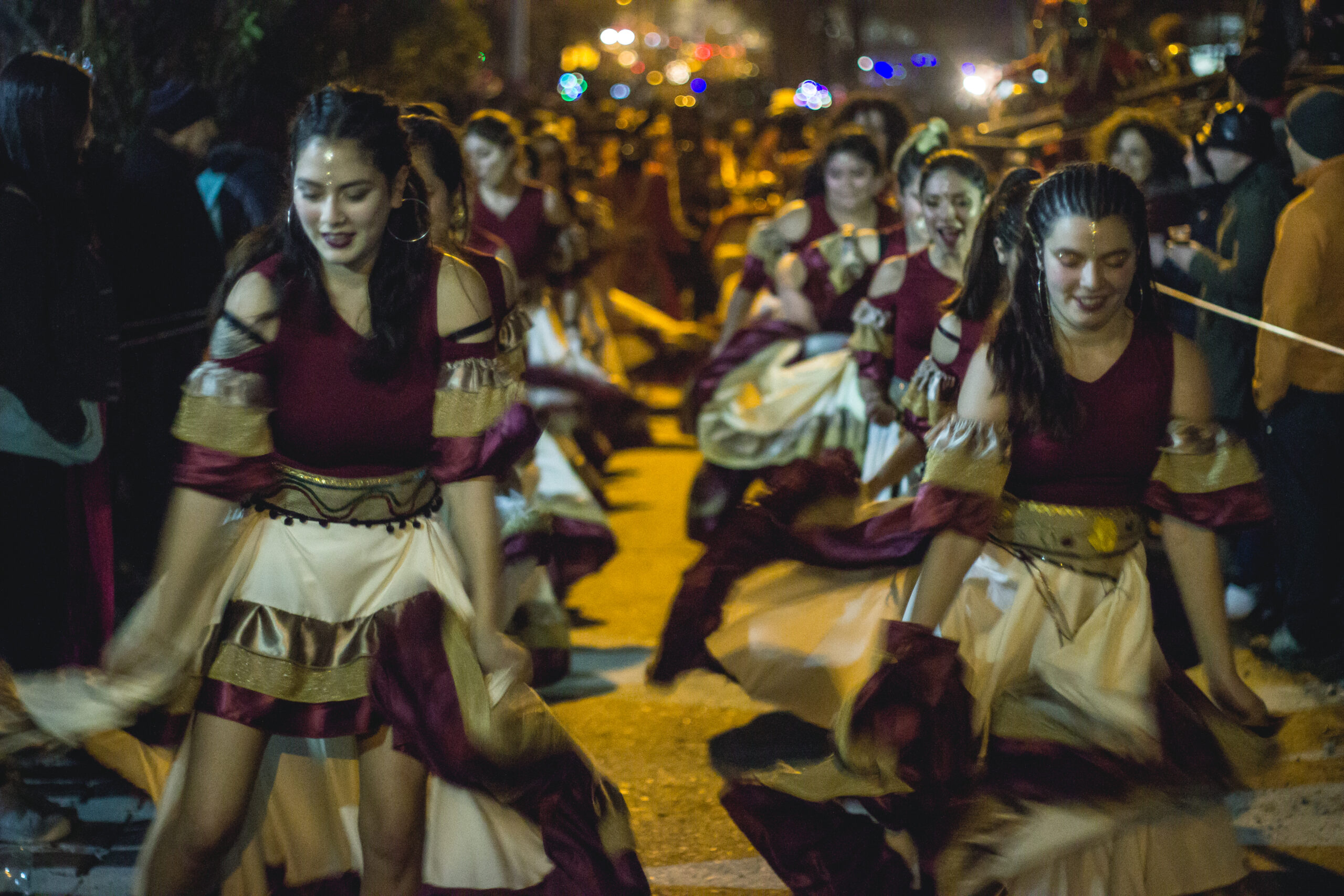San Miguel, Santiago
Trashumante Audiovisual is a work cooperative led, mainly, by women audiovisual filmmakers. It was established in 2016 with 5 partners, in order to practice the trade.
There are currently 9 active members, who based on the cooperative values of education, collaboration and rescue of culture, work in cultural project management and audiovisual production. The collaborative work of its members stands out for its creativity, social interest, responsibility, associative links with other cooperatives and entities of the social and solidarity economy. They make corporate, educational and documentary videos, such as “Vidiella el archive de una bestia», made in collaboration with the Theater Archive of the Faculty of Art of the U. Católica, and short films. They also self-manage their own projects such as the short film “Sequía» (3rd Place Fest. Ibero À 2021), and the documentaries “We are the river” (2021) and “Pasalacalle, the art of resisting” (2025). It also runs the Alicia Vega Cine Club, a space for the exhibition and dissemination of films and audiovisual projects, mainly Chilean. The Cineclub contributes to spreading cultural activity to more than 200 people/neighbors a year, since the activities are carried out twice. per month and constant dissemination on the cooperative’s social networks.
The projects developed by Trashumante Audiovisual primarily focus on addressing social issues such as housing, human rights, education, and gender, among others. In addition to exploring these themes in its productions, the company shares them through various screenings at the Cine Club Alicia Vega, fostering discussions with filmmakers and audiences.
1. Production – Pre-production, production, post-production, and distribution
2. Screening and amplification
3. Graphic design
4. Photography
Vidiella, the Archive of a Beast

Completed, in distribution
In 2021, actor Tomás Vidiella dies. His sister, Eliana, hands over to a team of researchers the archive that will establish the Café-Theater and Cabaret genres in Chile.
Pasalacalle, the Art of Resistance

Post-production
At the beginning of the 90s, parades began to be held on the outskirts of Santiago in order to create new territorial and cultural milestones in the populations after the military coup of 1973.